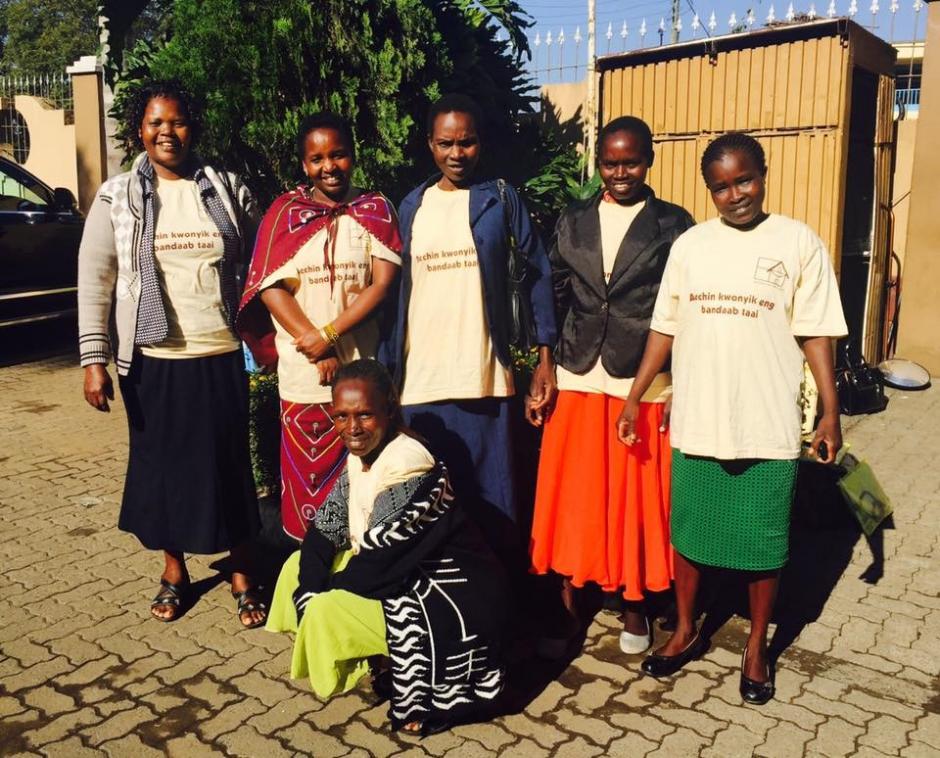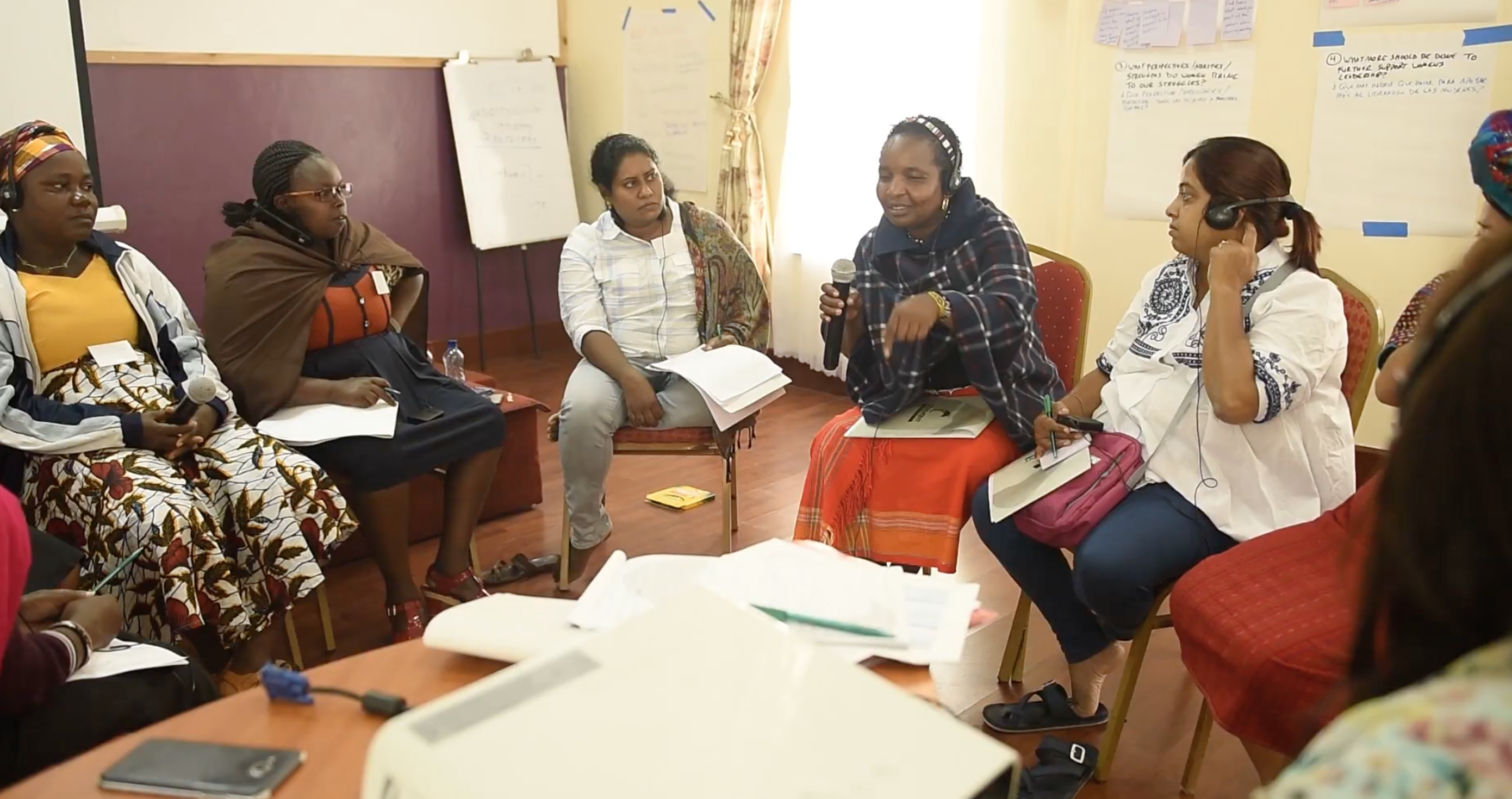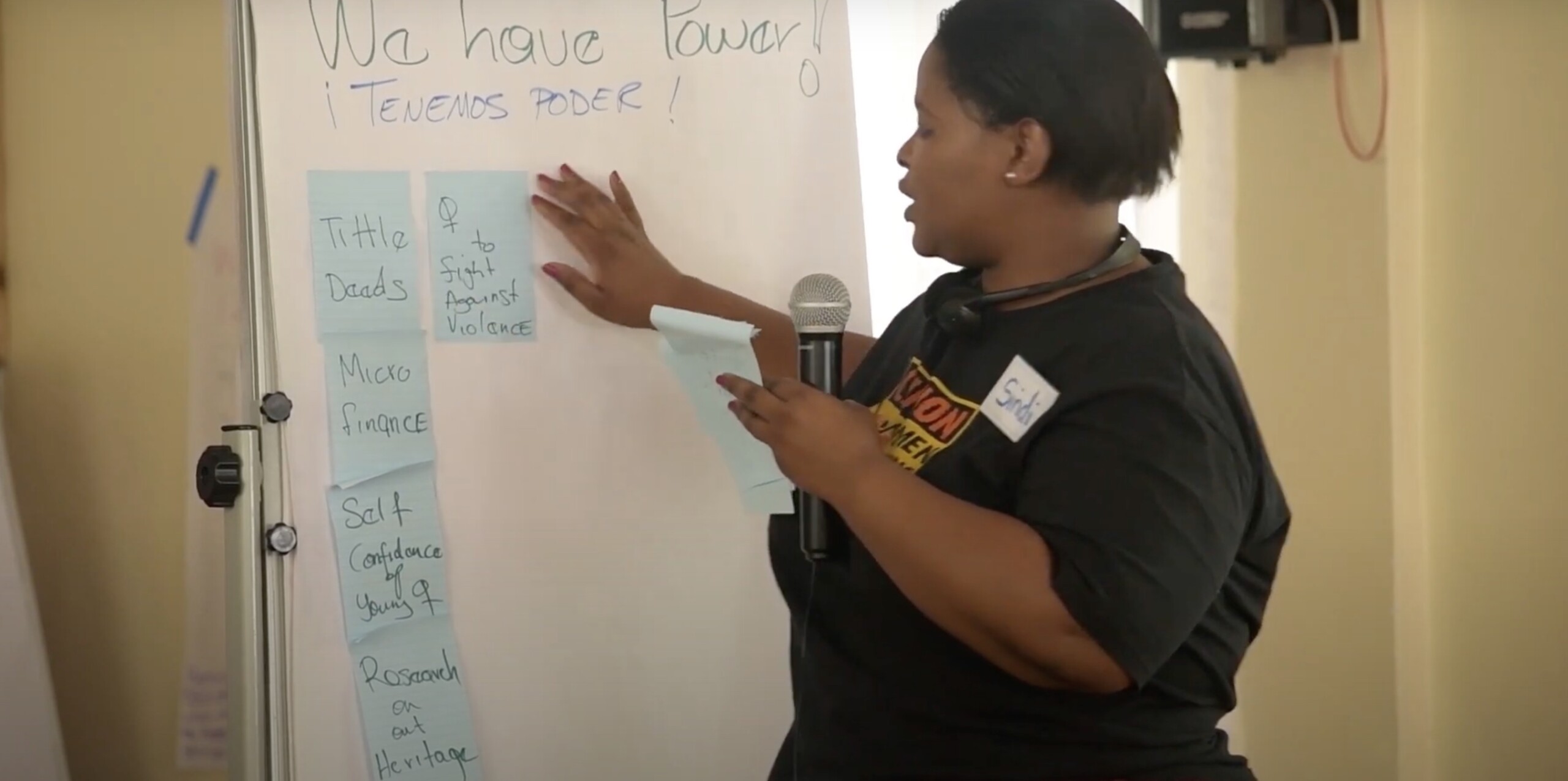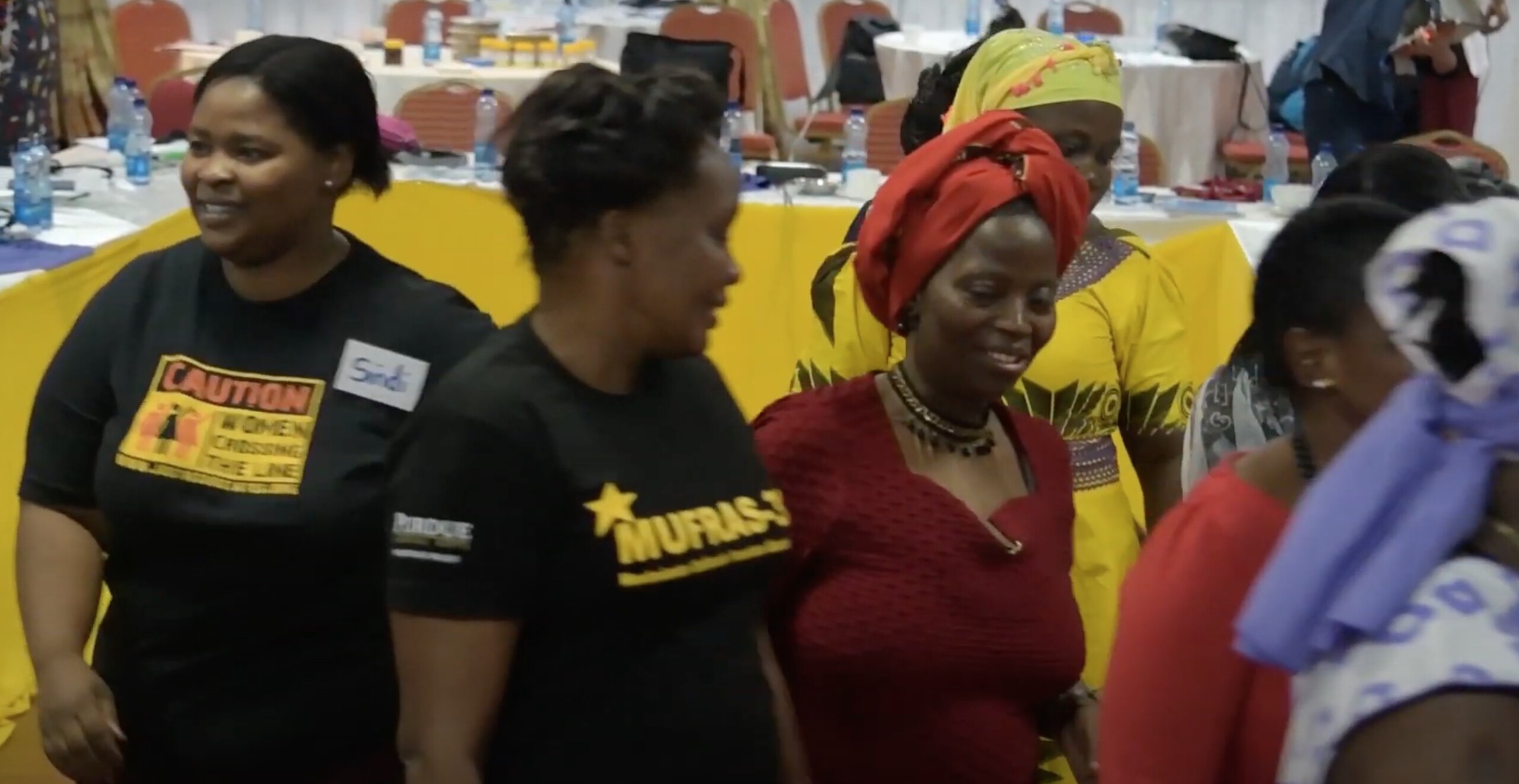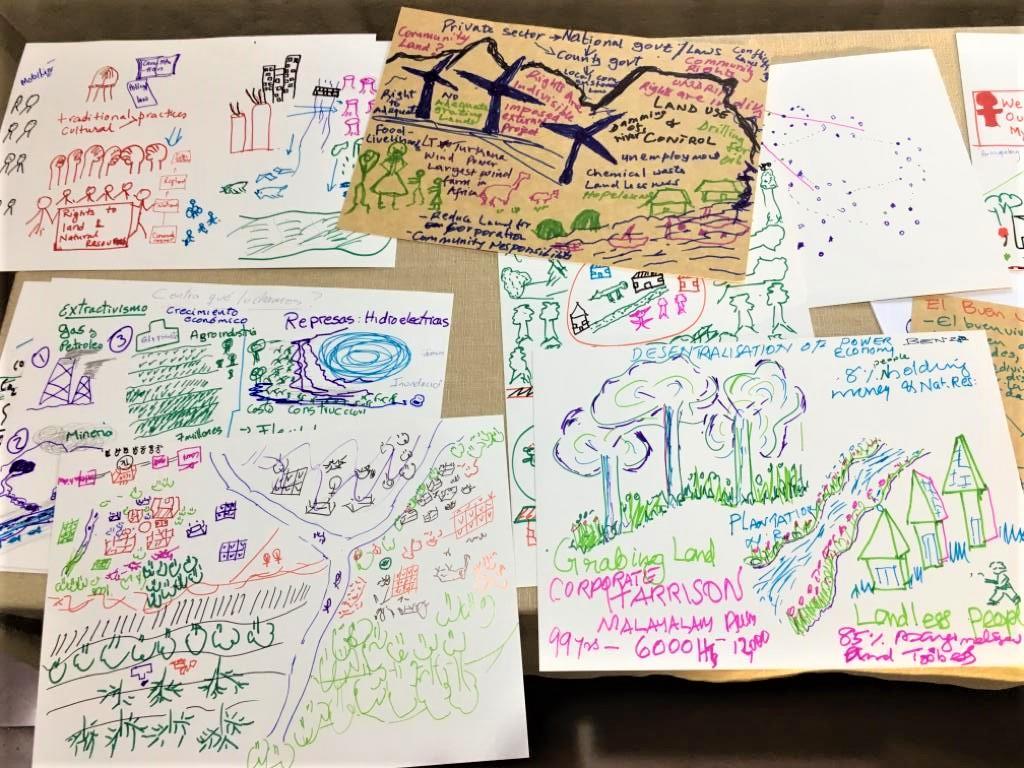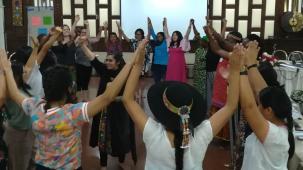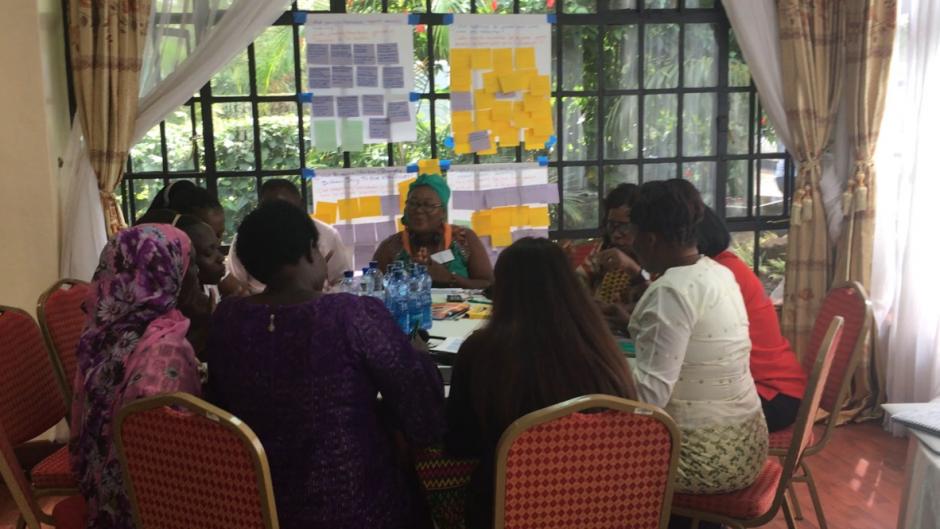Around the world, land, housing and natural resources are being commodified and exploited for profit. In the name of development, indigenous peoples, peasants, fisher folk, nomadic groups and people living in urban and peri-urban areas face dispossession and impoverishment. Women experience disproportionate impacts of this development model and, when they stand up to defend the rights of their communities, they are often shunned, defamed or attacked.
Meanwhile, women are also building power and bolstering their leadership capacities. They are raising their voices and standing up for human rights all around the world. Although they face barriers at multiple levels, women leaders challenge conventional notions about what women are supposed to be, and bring enormous strength and resilience to the global struggle for change.
International human rights standards provide a foundation for women’s rights related to housing, land, and natural resources (HLNR), but substantial legal, structural, and social barriers continue to prevent women from enjoying substantive equality in relation to these rights.
In recent years, coordinated by the Working Group on Women and ESCR, grassroots women leaders have been articulating shared positions and advancing collective action on land and natural resources.
